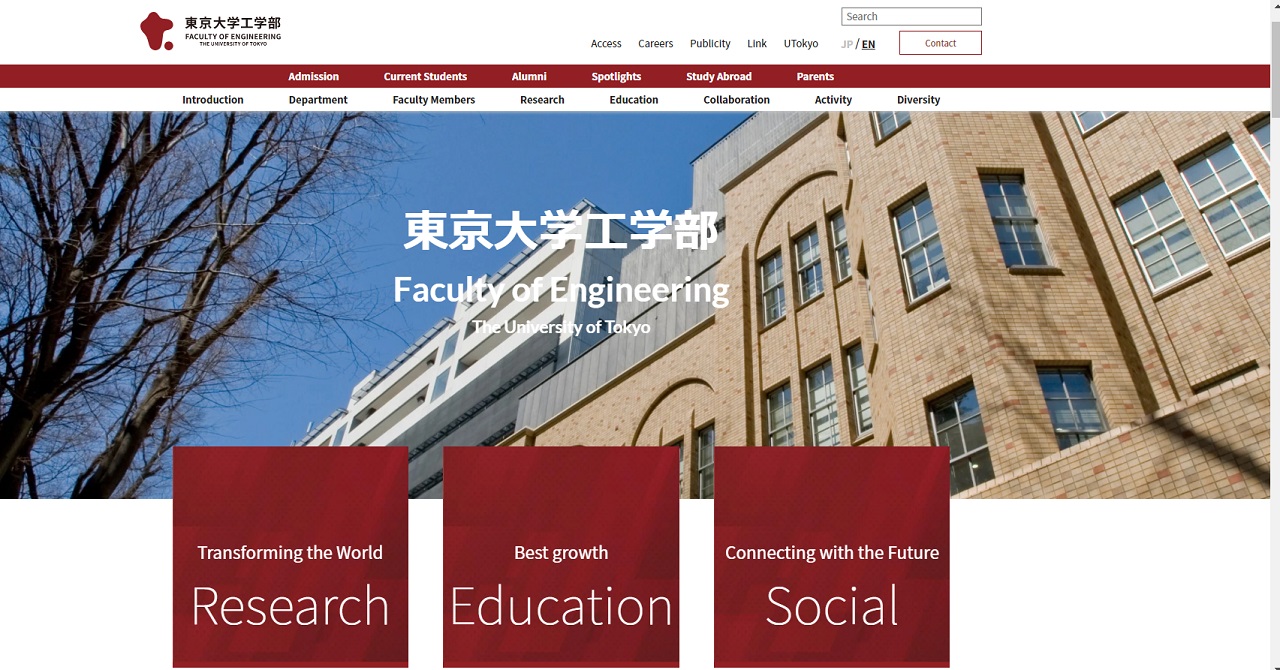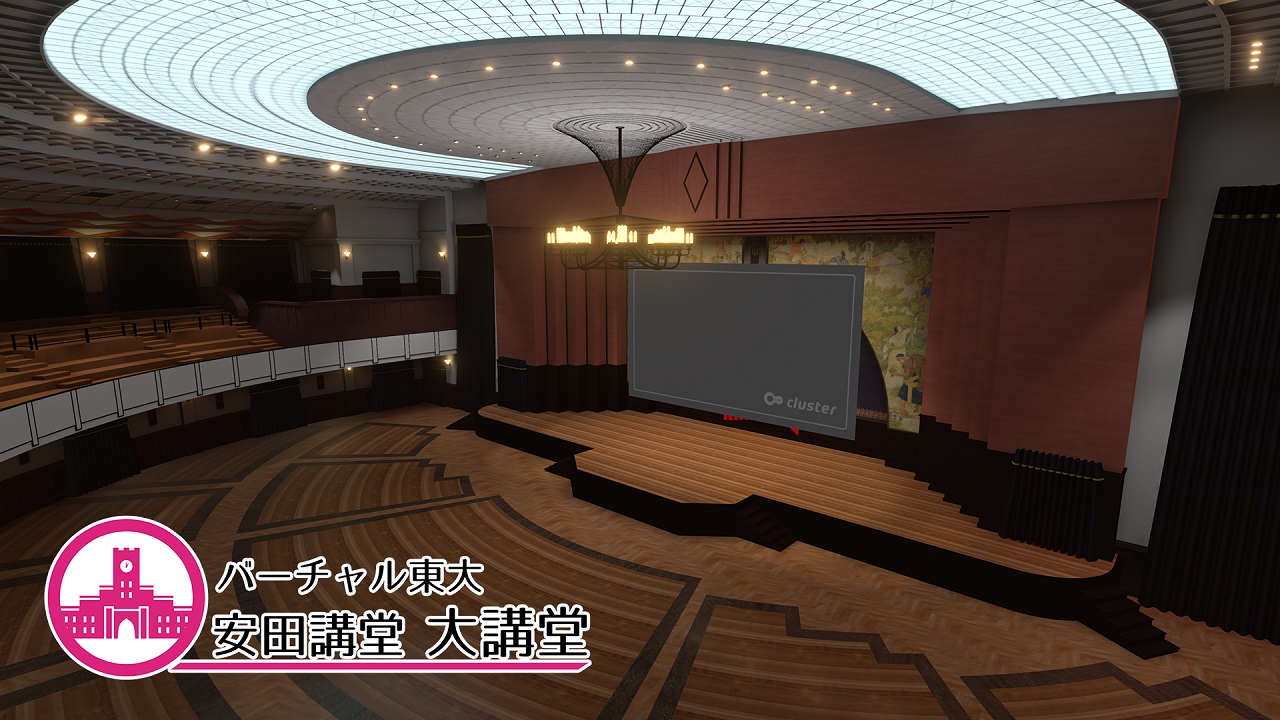Original Japanese text written by. Ryuki Ishii
Translated by. Marco Farinaccia
The University of Tokyo has announced that they will soon offer Metaverse courses to teach engineering in a virtual space. The intention is to provide a new style of learning to a wide range of people including students at the University of Tokyo, middle and high school students, working adults, and more.
Along with the announcement, the University of Tokyo also commented that in this age of rapidly advancing technology and diverse work styles, there was a high demand from people of all kinds of backgrounds who wanted to learn the latest in engineering and information science.
Looking at it another way, they mentioned that as cutting-edge technology is developed and the value of data continues to increase, there will be a crucial shortage of people who are well equipped to use these things to build the future of society. The Metaverse courses will be offered in order to improve this situation. In particular, they want to convey the appeal of engineering to female middle and high school students. This is likely because not many female students in Japan study engineering or information science.

The new program is composed of three initiatives: a comprehensive engineering career site, a junior engineering education course, and a reskilling engineering education course. The career site aims to speed up the diversification of the engineering field by offering career information to females who don’t have many engineering role models.
The junior engineering education course is mainly aimed at middle and high school students and their parents. The course combines online and face-to-face learning and consists of lessons that give information about university engineering study and post-graduation careers, hands-on exercises with product development, laboratory tours, and more. The reskilling engineering education course is aimed at working adults and students and provides them with support in retraining for a new career in engineering.
Online university courses are offered by a number of universities as well as on online educational platforms such as Coursera. The University of Tokyo’s Metaverse courses similarly allow students to learn regardless of where they live. It is also an effort to create a course that can meet the needs of a wide variety of people who are at different levels.
This is not the first example of an education course being delivered via a virtual space, as the UK’s Inspired Education previously created a virtual reality school. In Japan, Kadokawa Dwango Gakuen began implementing lessons that use VR headsets in 2021. While there is the problem of VR sickness for some people, a virtual space makes it possible for students to simulate experiences that cannot be achieved in a traditional classroom setting (@DIME).
There are also examples of virtual learning outside of school environments, such as the VR English conversation lessons provided by AEON VR or the school within the virtual platform VRChat called Private VRC Gakuen. The latter provides lessons aimed at VRChat beginners and covers topics like VR dance, modeling, DJing, and English conversation.
We are starting to see more and more educational trials being conducted within virtual spaces. The University of Tokyo’s new program is just one more example following this trend as it attempts to harness the benefits of a virtual space.





